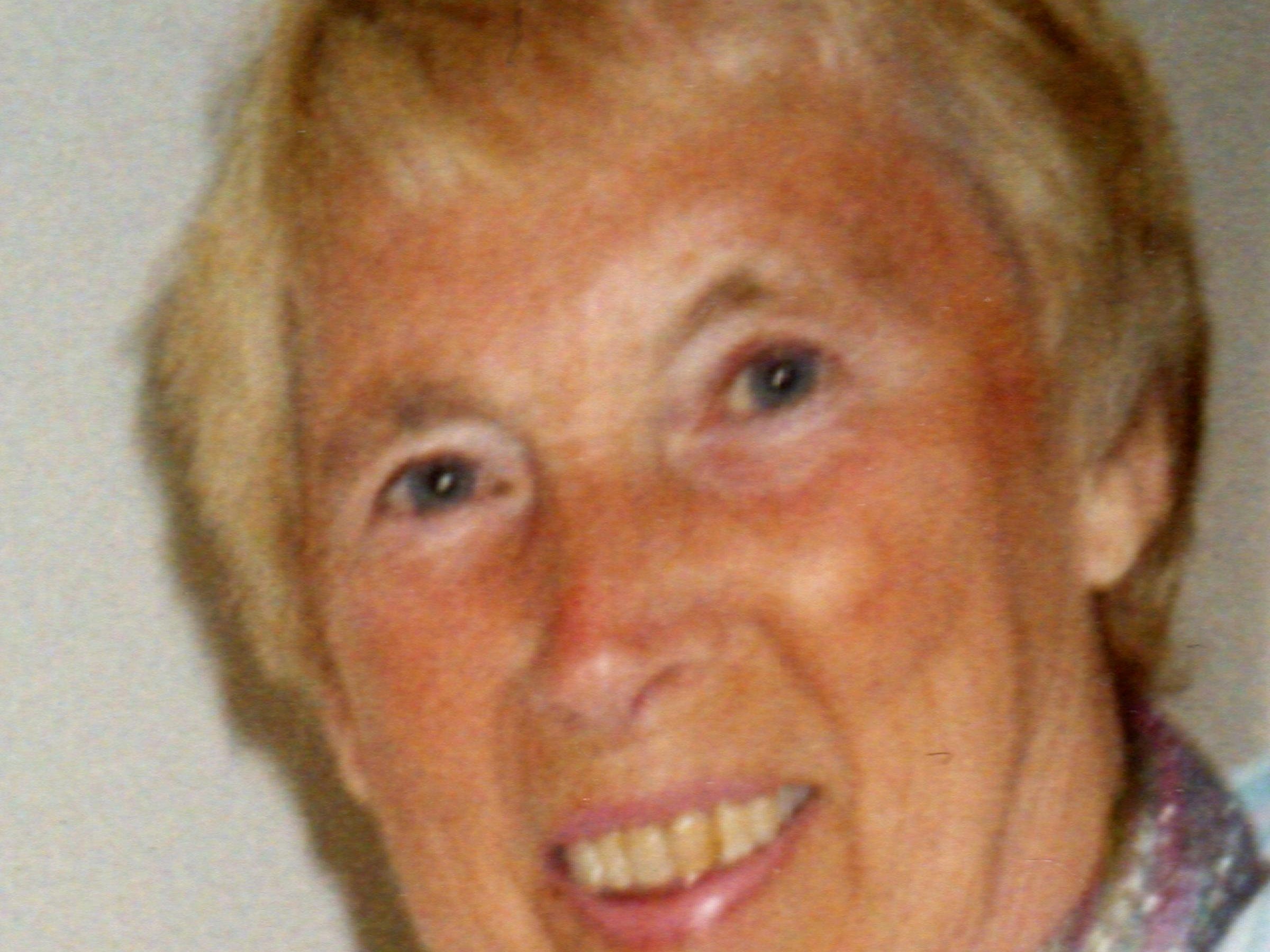Pensioner died three days after being turned away from hospital due to lack of ultrasound appointments, report reveals
Shirley Sledmere, 79, had a perforated gallbladder
A pensioner died three days after being refused an ultrasound scan that could have saved her life, a report says.
Shirley Sledmere died from a perforated gallbladder days after a hospital, which did not have any scanner appointments available, sent her home.
Just three days before she died, Shirley was rushed to Queen Elizabeth Hospital by ambulance complaining of severe abdominal pain, but was sent home because no ultrasound appointments were available.

Doctors diagnosed her with gallstones or gastritis when they sent her home on November 3, 2016.
The 79-year-old collapsed at home in Sidcup, south east London, and passed away three days later.
After she was discharged worried husband Alan, 67, booked her in for a private ultrasound scan - but the soonest appointment he could get ended up being a day after she passed.
But her pain was so unbearable he again called for an ambulance the day before the appointment.
By the time paramedics arrived, Shirley had died on November 6, 2016.
Alan, who had been married to Shirley for 24 years, said: “I cannot believe the pain and suffering Shirley had to go through in the final days of her life.
“I cannot begin to put into words what it was like watching her die in front of me while waiting for the ambulance.
“I felt so powerless that I was unable to help Shirley when she needed it the most.
“Our family have been left devastated by Shirley’s death.
“We feel that if Shirley had received an ultrasound when she was first admitted to hospital, doctors could have realised the seriousness of her condition and not sent her home.
“We feel that doctors would then have been able to spot the warning signs and taken appropriate action and she may still be alive.”
After Shirley's death, Lewisham and Greenwich NHS Trust carried out an investigation which found that an ultrasound would probably have shown Shirley’s perforated gallbladder and saved her life.
A Concise Investigation Report said that an ultrasound would probably have picked up Shirley’s inflamed gallbladder, meaning she would have been admitted and “there may have been an opportunity to alter the outcome”.
The report found that when the retired cashier was sent home, she and her husband should have been better informed about what to do if her condition deteriorated.
The investigation found no written evidence in her notes regarding staff telling Shirley and Alan of the warning signs to look for.
Following her death, the report recommended staff carry out emergency ultrasounds to patients and that all advice given to those being discharged must be documented.
Shirley’s underlying health issues, including having a pacemaker and taking steroids and immunosuppressants while suffering other medical problems including a raised white blood cell count, “may in some circumstances, have lowered the threshold for admission”, the report found.
The report found that although there were “no absolute indications for admission” there were aspects of her symptoms that also should have led to caution when discharging her home.
After Alan wrote to health secretary Jeremy Hunt to share his concerns, Mr Hunt said the availability of scanning machines was a decision for individual NHS trusts.
But he did admit that “the general expectation” across the NHS was that patients taken to A&E “should have immediate access” to services like ultrasound scans.
SWNS
Join our commenting forum
Join thought-provoking conversations, follow other Independent readers and see their replies
Comments
Bookmark popover
Removed from bookmarks